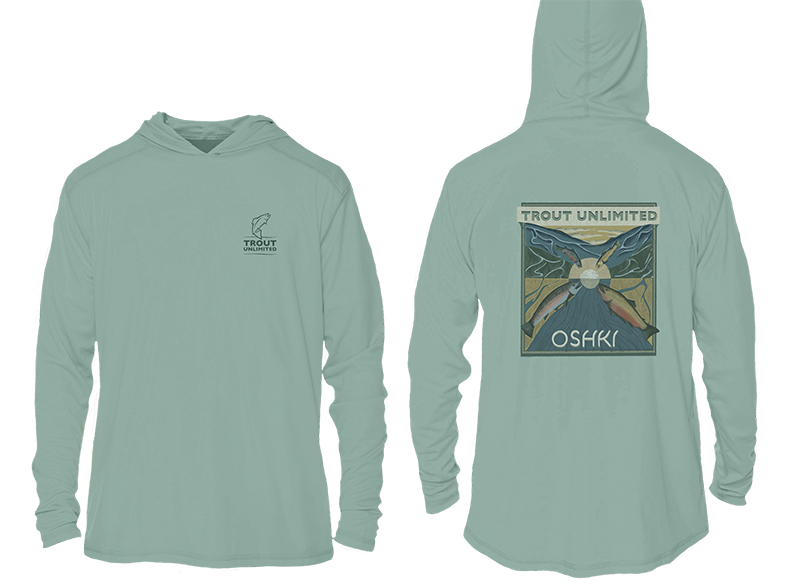Once your Advocacy Committee has discussed policy priorities with council leaders and TU staff, it is time to contemplate strategies to meet your goals. Each chapter may have a different overarching strategy based on decision making, existing relationships and the specific policy effort. This sample of actions may be helpful to review.
For instance, in one council it might be most effective to build relationships with legislators while in other states it might be best to focus on commissions and advisory groups. Once you gain a better understanding of how decisions are made, who the influencers are and what your status is in the conversation, your team can better deduce a strategy.
Legislator Relationship Building
Developing relationships with legislators and their staff well in advance of reaching out to share your point of view on an issue is critical. Strong personal relationships are the best means of influencing legislative decision-making. Personal visits, letters, phone calls, faxes, and emails are especially important when they come from constituents who are well known, highly regarded, and have been helpful in the past. Building relationships takes time and careful effort, but it is the most effective way to shape the thinking of those who decide public policy. Introduce yourself and invite decision makers to go fishing, visit a critical project site or paddle an important stretch of water.
Congressional Town Halls
Members of Congress come home between sessions and often host town halls to speak to and hear from their constituents. Attend these town halls to elevate your concerns for coldwater conservation. Read our guide to participating in a town hall meeting and don’t hesitate to contact TU staff for support.
Mobilizing Members
When looking to mobilize your membership you may facilitate a multifaceted plan that may include one or more of the following; orchestrate an online petition to generate supporters to elevate in action through a phone tree urging members to contact their elected representatives, hosting postcard writing events to key elected officials, promoting email action alerts via social media, and planning other in-person special events around a particular issue to garner support.
Letter to the Editor Campaigns
A letter to the editor campaign can be a great way to get your issue in front of thousands of readers with little to no cost to your team. Not only do you get to make your case with a specific call to action but you also have an implicit nod from the newspaper’s editor indicating that your message is worth consideration. When considering a letter to the editor, confer with your council and staff as the nuances of an effective and well placed letter are critical.
Candidate Forums
A nonpartisan candidate forum is a powerful tool to engage your community around an upcoming election while advancing your advocacy goals.
Whether your chapter needs issue support, wants to change state law, or simply wants to increase awareness of your priorities, a successful candidate forum during an election year will build awareness and greater recognition for your organization and the communities you serve. There are many nuances to organizing an effective candidate forum to attract media interest, stay within 502(c)(3) regulations and build constituency around your priority issues. Review this forum template and contact Volunteer Operations staff to learn more about planning an upcoming forum.
Share your advocacy successes and learn from other chapter leaders in the Leaders Forum.


